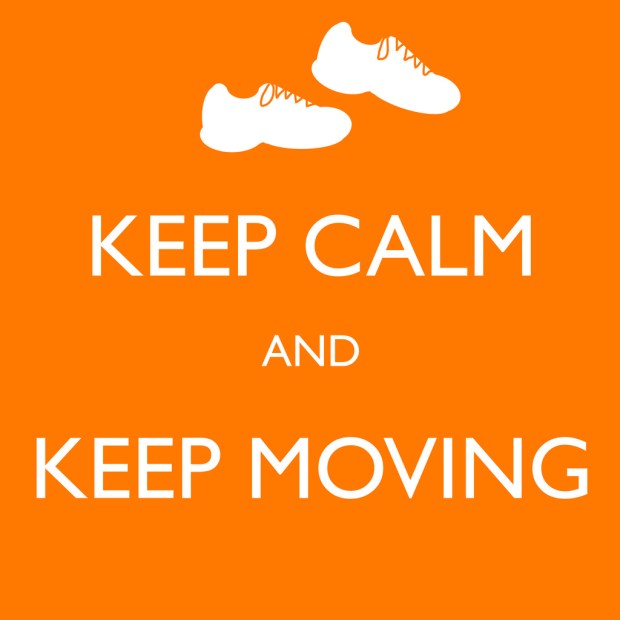Workout Motivation: What Works?
Rewards are nothing new in the fitness world. For years, diet and exercise gurus have propagated the “carrot and stick” mentality, combining rewards and punishment to get people to eat more veggies and run more miles. We’ve all likely used this tactic at times in our lives, bribing ourselves with chocolate or workout clothes or spas or charity donations to incent ourselves to bail on beer and brats in favor of a few more minutes on the elliptical machine. And not surprisingly, technologies have also emerged to support these incentives. A company called Gympact is based on financial rewards (you earn money if you meet your goals, and you need to pay money if you don’t), and companies like Nexercise are making workouts social and rewarding people along the way.
Carrots and sticks definitely work for short-term results (I’ve used them when I’ve been training for races or trying to change a habit for the first 30 days). After all, who doesn’t like a prize? But experts on motivation argue that the carrot and stick approach isn’t the path to long-term sustainable change. In his book Drive, Dan Pink argues that the secret to high performance is “the deeply human need to direct our own lives, to learn and create things, and to do better by ourselves and our world.” As he distills his model for motivation (autonomy, mastery, purpose), he encourages people to keep asking themselves one small and super simple question: “Was I better today than yesterday?” Similarly, business authors Chip and Dan Heath take a long-term view on behavior change in their book Switch, arguing that successful change is about reconciling our rational and emotional minds (they use the example of the conflict between wanting a great beach body and wanting an Oreo at the same time). They assert that the key to long-term success (i.e., a long-term diet or exercise program) is a result of uniting both minds in favor of a long-term change you want to achieve. Both of these books are great reads if you’re interested in the topic of change.
So what do we do with all of this competing information when we think about our own health, particularly now as some people might be already watching their New Year’s resolutions dwindle away? I know it sounds like a cop-out, but I’m in favor of a combination. I personally like rewards for simple things (getting to a certain 5K time or losing a few pounds or cutting down on booze); it feels good to achieve something in a real, tangible (and fun) way (if my kids are going to get sticker charts, I want one too). But in terms of long-term change (continuing to exercise regularly, keeping weight off, or sticking to just an occasional glass of wine), it’s important to do some real work to design a life that supports our goals, and to gain the mental discipline to intervene when our rational and emotional minds are in conflict. One way I’ve done this is to write my wellfesto, getting very clear about the non-negotiables in my life, while leaving room for smaller goals and experiments and changes. I wouldn’t reward myself for living within this framework (i.e., “exercising as much as my time and body allow”), but I might treat myself to a new piece of workout gear when I track my 300th mile on Strava.
The most important thing with motivation isn’t to read lots of fancy books and try to follow the advice word-for-word. It’s figuring out what works for you and sticking to it. So what does work? If you use rewards, what do you use them for and what are your favorites? And if you don’t, what helps you stay on track? How do you make sure you’re making most days better than yesterday?
Oh, and in terms for rewards, here are some of my favorites:
- For finishing a workout when I don’t want to: A bottle of kombucha, a bottle of BluePrint juice, a Philz coffee, a steam (usually don’t take the time), a rest day
- For meeting a workout/event goal: A new piece of workout gear, a massage (if the goal was major), a special dinner out, someone special for someone who supported me (i.e., my family)





Reblogged this on cardioshasta.